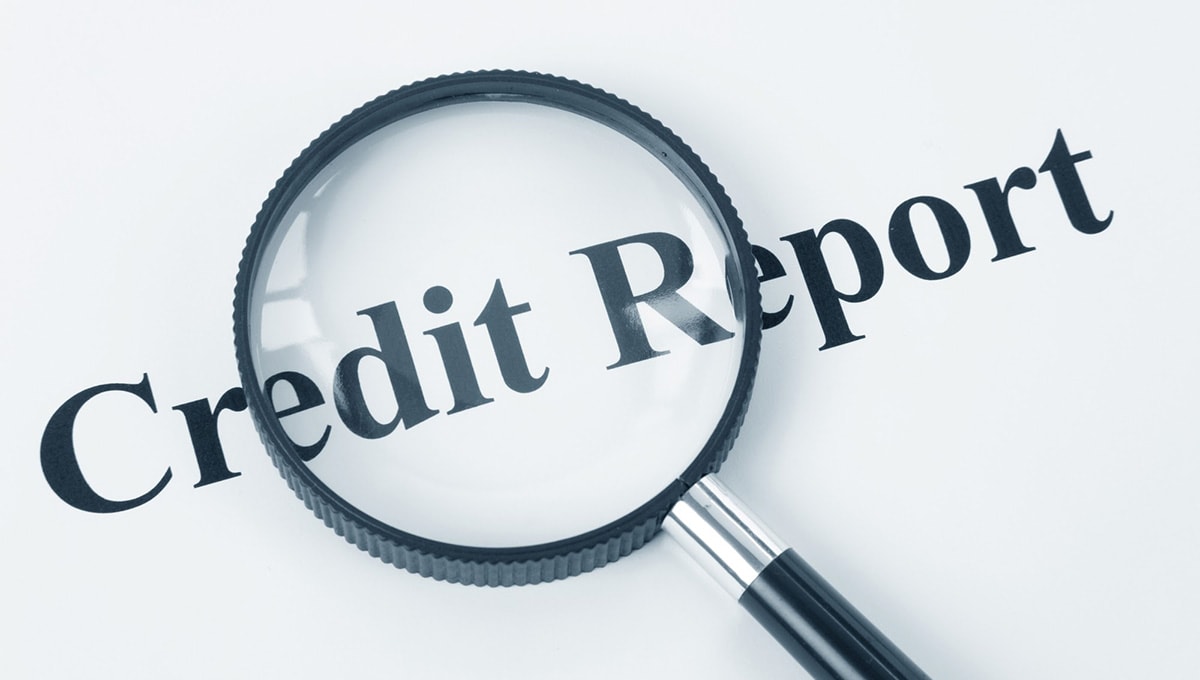On your credit record, having a charge-off is one of the worst things that can happen to you. When you fail to make your credit card payment for an extended period of time, often six months in a row, your account will be subject to a charge-off. After several months of non-payment, a creditor will deactivate your account, write off the debt as a loss in their financial books, and insist that you pay the outstanding balance in full before they would reinstate your account. When an account finally gets charged off, it means that your credit score has already taken a severe hit before that point. It's possible that the company that issued your credit card cut the maximum amount you can borrow. In the months preceding up to the charge-off of your account, if you applied for a credit card, there's a chance that your application was turned down. If a charge-off is included on your credit report, it will stay there for seven years from the day it was included, beginning with the date it was charged off. That is a substantial amount of time to carry around such a damaging item on your credit report.
Charged-Off Does Not Imply That You Are Pardoned
Don't be misled by the name in any way. You are still accountable for paying a charge-off that was made on your account. The creditor has the right to keep making attempts to collect on the account as long as the charge-off remains outstanding. These attempts may include filing a lawsuit against you for the amount that is owed. It is to your best advantage to have any charge-offs removed from your credit report. Future creditors and lenders take charge-offs seriously, to the point that they may deny any future applications for credit cards and loans. Thus it is in your best interest to have charge-offs removed. Your greatest strategy for mitigating the negative consequences of a charged-off account on your credit is to negotiate with the creditor.Communicate with the Creditor
Soon after the date of the charge-off, the account is often forwarded to a third-party debt collector for collection. Dealing with the original creditor, who is the one who reports the charged-off status, is preferable to dealing with a debt collector when it comes to charged-off accounts. A collector has no control over the information that the original creditor provides to the credit bureaus. Thus they can do nothing to change it. In exchange for payment, you aim to persuade the creditor to erase the charge-off from your credit report. Know how much you are able to pay on the account before you make the call to customer service. Your bargaining power will increase in proportion to the amount you can pay and the speed with which you can pay it. If you are able to make a complete payment, then you are in a stronger position to negotiate. Inquire about the possibility of having the charge-off removed from your credit record by contacting someone who is authorized to do so. Make it known to the creditor that you are considering paying the account and would like to negotiate payment terms in order to have the charged-off status removed from your credit report. Communicate in a manner that is both polite and professional. It is best not to place blame on the creditor, offer excuses, or recount your life narrative. Maintain brevity and get right to the point. In an ideal scenario, the creditor will consent to the charge-off being removed from your credit report. Another method for negotiating the elimination of a charge-off is to write and send a "pay-for-delete" letter. In essence, the letter requests that the creditor delete the account from your credit report in exchange for full payment of the balance due on the account. 5 Getting your pay-for-delete letter into the hands of the appropriate individuals is essential to its effectiveness. Instead of sending your letter to a general address for communication, make an effort to get the name and direct address of someone who works in the company, a manager, or other higher-up employees rather than using the general address. It can be challenging to convince a creditor to erase a charge-off from a consumer's credit record after it has been reported. Despite this, there have been some cardholders who have been able to successfully negotiate a pay-for-delete deal. Try to negotiate with the creditor for a less pejorative status, such as "Closed," rather than "Charged Off," in the event that you are unable to convince them to agree to entirely erase the charge-off.Obtain written confirmation of the agreement
Get a written confirmation of the agreement once the creditor has consented to the deletion of the charge-off from your credit report. You have the choice between two approaches to take here:- Request that the person who is assisting you transmit you a copy of the agreement that is printed on the letterhead of the company.
- Optionally, you could ask the individual who assists you for their full name, mailing address, and phone number. You should send a copy of your agreement to that individual by certified mail with a request for a return receipt. You should request that the person sign it and provide you back a copy of it.


